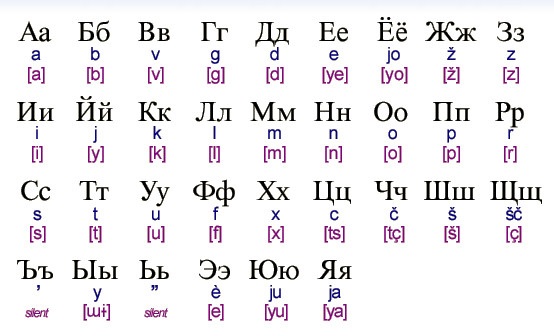Why and how a country is changing its alphabet
Medical Pharmaceutical Translations • Jan 3, 2020 12:00:00 AM

It’s not every day you hear about a country deciding to change its entire alphabet. That’s what’s happened in Kazakhstan, where the Cyrillic alphabet will be replaced by Roman letters and a few additional characters that stand in for specific sounds in Kazakh.
It may seem drastic, but as it turns out, Kazakhstan has had many alphabet changes in its history, as it’s passed through the hands of different cultural groups and leaders, from an ancient Runic alphabet, to the Arabic alphabet, until 1924 when the Roman alphabet was briefly adopted, to Cyrillic, and now back to Roman.
The idea is to make Kazakhstan more present in international markets – that is, since a large population of the world speaks English as a first or nonnative language, it will be easier to recognize words and names in the Roman alphabet.
The change is planned to be completely implemented in 2025. If it weren’t for Kazakhstan’s history of alphabet changes, you’d have to wonder if it would stick, or if the change would fall by the wayside, like the implementation of the metric system in the United States.
But as the University of Westminster’s Andrew Linn writes, English-speaking countries don’t have any kind of governing body when it comes to our language. Many other countries, including Iceland, Germany, France, and Kazakhstan, do. So this isn’t simply an initiative; changing the alphabet in Kazakhstan will be the law.
Interestingly, while the alphabet will change, the three main languages spoken in Kazakhstan will remain the same. Although they may also speak one or more of the country’s staggering 117 recognized languages, most residents are expected to speak Kazakh, English, and Russian.
Read on to learn more about this fascinating linguistic development.
Contact Our Writer – Alysa Salzberg
